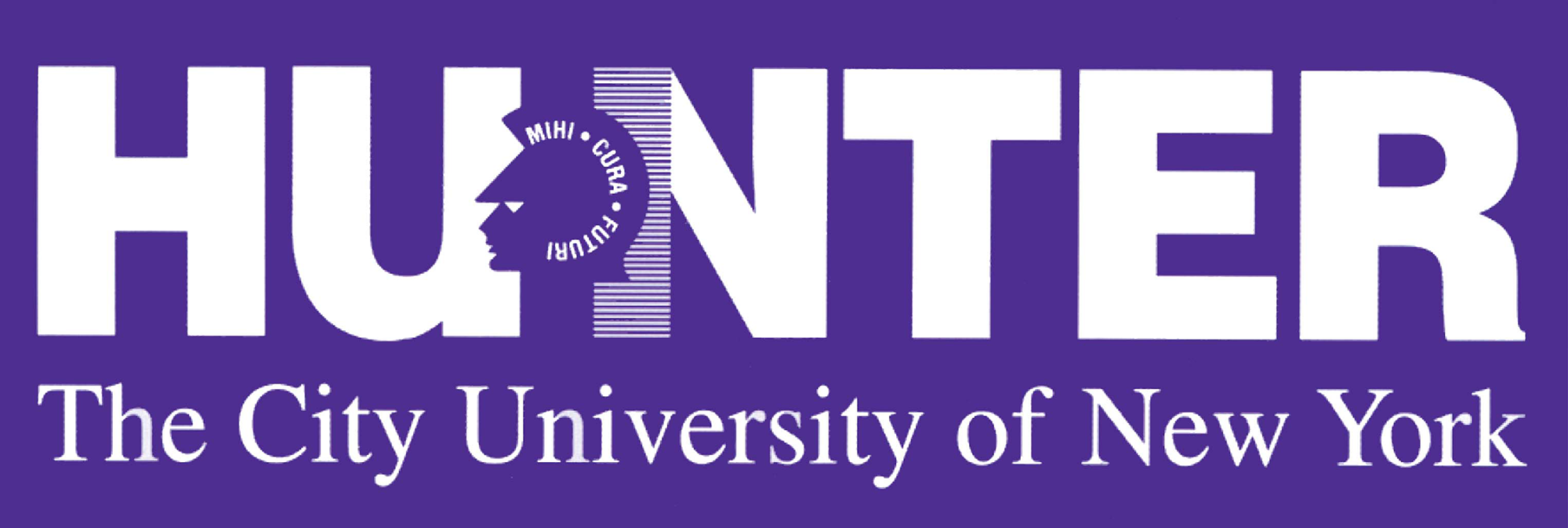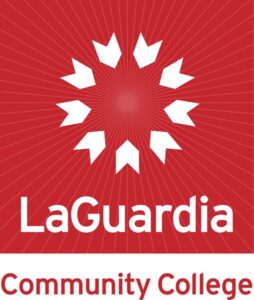The CUNY CITE project is dedicated to funding research projects that help further our understanding of how we can fit computing education into preparing the next generation of teachers. Below are the projects we’ve funded among our partner colleges in the 2024-25 funding cycle, prioritizing opportunities for faculty learning and disseminating findings:

Tools for Thinking: Developing Scaffolds to Support the CT and Data Literacy of Community College Students
Rebecca Garte, Daisuke Akiba, Caterina Almendral
The purpose of this affinity group has been to explore the psychological underpinnings of computational thinking (CT). They have conducted literature reviews as well as piloted corresponding approaches to support CT and related skills among our student populations. As such, the current work will develop and integrate instructional tools that can be used to scaffold students’ metacognitive awareness and self-regulated learning strategies within courses where a CITE artifact is being implemented. This will provide a replicable strategy (and resources) that may be used to support students in developing CT and related critical thinking and meta- cognitive skills in other CITE classrooms.

The CUNY Digital Humanities – Teacher Education Affinity Group
Anthony Wheeler, Casandra Silva Sibilin, Ting Yuan
Originally forged within the context of the PI’s dissertation, the Digital Humanities (DH) Affinity Group held a successful initial round of meetings in Summer 2024, during which participants studied literature, uncovered the historical context of DH, and discussed strategies for integrating computational methods into their teaching. By fostering ongoing interdisciplinary collaboration, professional development, and the explicit integration of DH pedagogical praxis into computing/humanities ed, this group will serve as a model for how DH initiatives can support educators and thrive in today’s expanding digital climate. The group plans to continue to advance its collective understanding of the intersection between computing, teaching, and the humanities by facilitating monthly meetings and professional development workshops and funding faculty to present findings at international humanities/computing conferences.

Turn on the Volume on Teacher Candidates’ Voice: Dissemination Phase
Maria Mavrides, Christine Rosalia, Virginia Gryta, Alfonso Pérez, Sean Turner, Dominika McPartland
Following the success of their Play Fair, where over 30 teacher candidates learned about computational thinking and digital equitable literacies (CTDEL) and applied what they learned by tinkering with different artifacts, this group now look to apply their findings to a new purpose: to share what they have learned to truly contribute to CITE’s transformational initiative on Hunter’s campus, CUNY, and beyond. This will be delivered in the form of generating a Best Practices Handbook for faculty that could be utilized across CUNY campuses. The faculty handbook will support these efforts by providing concrete examples of how to integrate CTDEL in the context of hands-on practices. In addition, their planned presentations on different forums will allow them to influence the infusion of CTDEL practices in clinical teacher preparation across our own school and CUNY in general.
Modeling and Simulations in Teacher Education Affinity Group
Maria Mavrides, Rhonda Bondie, Daniela Tirnovan, Lindamichelle Baron
Computer simulations emphasize the student’s role as an active participant in knowledge acquisition and encourage authentic inquiry processes such as question formulation, hypothesis generation, data collection, and theory revision (Rutten, 2012). With the development of new AI-powered tools, simulations may increase the convenience of clinical field experiences and may be adaptive to provide personalized teaching rehearsals in just time (Fazlollahi et. al., 2021). However, questions remain unanswered as to the extent to which virtual simulations are currently employed, should continue, or should be expanded in teacher preparation, and still need to be answered. Via survey findings, this study will directly address these questions. This research project will enable a team from several CUNY schools to explore and understand how simulations are currently used in teacher preparation programs, including the goals and challenges. This understanding will provide further necessary insight to faculty across CUNY to share expertise and develop meaningful simulations that further teacher development of teaching expertise and understanding of computing and digital literacies.
Assistive Technology & Special Education (ATSE) Affinity Group
Spence Ray, Sean Turner
The Assistive Technology & Special Education Group is a collective of faculty members from multiple colleges who have come together to explore disability and accessibility within their curriculum and teaching practice. Over the Summer of 2024, collective members participated in a three-part professional learning series focused on equipping teacher candidates to teach computational and digital literacies to K -12 students with disabilities. Additionally, they workshopped their own course design and course materials to incorporate Assistive Technology, Universal Design for Learning principals, and accessibility. Now, this group will engage in collaborative work to enhance the capacity of CITE faculty to address CDLs among teacher candidates in special education programs and teacher candidates with disabilities. This work will help ensure that future teachers are prepared to meaningfully integrate digital tools and computational thinking into their instruction in ways that are accessible and inclusive for all students.

Identifying Personal and Professional Factors that Affect how Faculty Experience and Integrate Technology in their Pre-Service Classrooms (Part II)
Maria Savva, Caterina Almendral
This work builds on research this team conducted last summer, where they coded, categorized, and analyzed interview data from ten faculty members working across five CUNY campuses. The research looked to explore forms of faculty resistance, but more importantly, ways to adequately support approximately twelve full-time and adjunct faculty who teach education courses at LaGuardia Community College. Alignment with LaGuardia’s strategic plan focus, self-efficacy, competency development, and culturally responsive approaches around computing and digital fluency were an important part of this research. The team now plans to write and submit a manuscript for publication in the Journal of Technology and Teacher Education, develop a presentation for the American Educational Research Association annual meeting, and deliver/discuss findings with their own education faculty during the 2025-2026 academic year, including discussion around how findings can inform implementation of strategic plan outcomes.

A Cross-Campus CITE Classroom Research Project
Melissa Garcia, Ting Yuan
Highlighting the intersections of coding, translanguaging, digital literacies, and hands-on robotics learning in equitable ways in the elementary classroom extends current research of CDLs in meaningful ways specific to urban learning communities. Building on the two research projects emphasizing multilingual learners invites opportunity to spotlight how CDLs and translanguaging practices complement each other in multimodal ways in the classroom. Making classroom connections through this across-campus project, serves as the starting point for designing a larger cross-campus research project that involves more local classrooms for the next three years.
Bilingual Extension Teacher and Speech Candidates
Melissa Garcia, Jayra Sanchez, Nancy Dubetz
Impact from this project extends beyond the Lehman college, School of Education, ECCE
department to the School of Health Sciences Human services and Nursing, SLP graduate program in the effort to comprehensively support the public-school learning community. This research contributes to understanding how CDLs support educators working with multilingual learners receiving speech and language services. This work serves as a model across college faculty in the hope of growing and enhancing the role of digital practices for aspiring educators seeking multilingual state teacher certification. The team aims to continue to advance their collective efforts in sustaining the role of skill development and dispositions for current as well as future bilingual teachers and speech pathologists working in Birth – Grade 6 learning settings.

CDL & Cognition Collaborative (C3)
Daisuke Akiba, Christine Rosalia, Caterina Almendral, Rebecca Garte
Central to our mission is the commitment to promoting equity in education
by ensuring that CDL/CT integration addresses the needs of students and educators from various cultural and socioeconomic backgrounds. The group was formed around shared interests in how cognitive and psychological factors such as affect, cognitive load, task structure, linguistic backgrounds, and heuristics—impact CDL/CT integration, particularly in relation to equitable teaching and learning. While considerable research connects cognition to educational contexts, few have linked them directly to CDL/CT. As a result, we know little about how these tools and insights can be leveraged to address efficacy of CDL/CT integration in teacher education to promote equitable practices. Our work aims to fill this gap by investigating how principles from cognitive science can inform CDL/CT integration to support all learners, especially those historically underserved in formal education.

Working Group C, “The Believers” – What are Teacher Candidates’ beliefs and values regarding CDLs?
Marta Cabral, Michelle Fraboni, Melissa Garcia, Nadia S. Kennedy, Line Saint-Hilaire
After examining CITE faculty beliefs and values around computational and digital literacies (CDLs) as part of working group C, they recognized the need to also understand whether and how teacher candidates take up these values. In their ongoing research, they are investigating how the faculty’s implementation of CDLs has influenced preservice teachers’ understanding of CDLs, attitudes towards CDLS, and to what extent they take up their instructors’ beliefs and values around CDLs. The group plans to develop 5 rubrics for educational courses across campuses, primarily to use in methodology courses: such as art, math, language/literacy, and science. They also plan to publish their research in peer-reviewed journals, as well as present their research findings at AERA 2025, the 2025 CUNY Teaching and Learning Conference, and other conferences.

